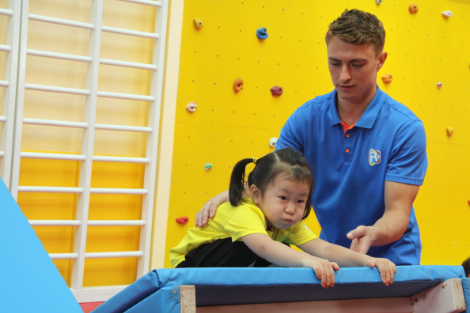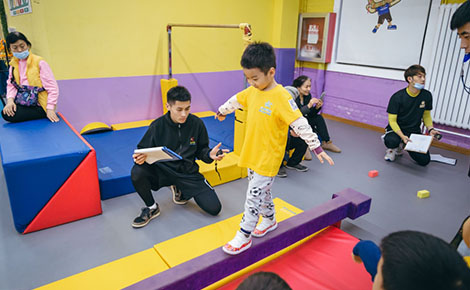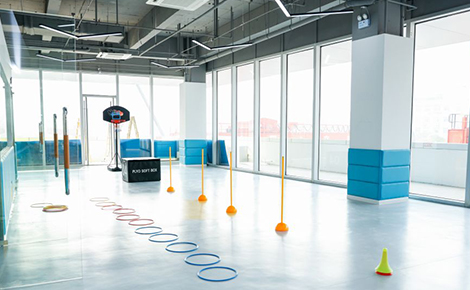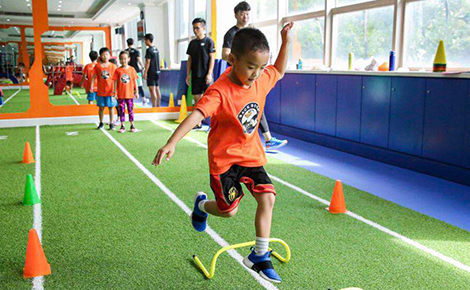
1个回答
Physical fitness is an important aspect of a child's development, as it not only promotes a healthy lifestyle but also contributes to their overall well-being. In recent years, there has been a growing emphasis on the importance of physical fitness for children, as sedentary lifestyles and poor dietary habits have become more prevalent. In response to this trend, many schools and organizations have implemented programs that focus on improving children's physical fitness levels.

One such program that has gained popularity in recent years is the concept of "children's physical fitness" or "child fitness." This program aims to promote physical activity and healthy lifestyle choices among children, with a focus on improving their overall health and well-being. Children's physical fitness programs often include a variety of activities, such as sports, games, and exercises, that help children develop their strength, endurance, flexibility, and coordination.
One of the key components of children's physical fitness programs is the incorporation of English language learning. By combining physical activity with English language instruction, children are able to improve their physical fitness levels while also enhancing their language skills. This integration of physical fitness and English language learning is known as "children's physical fitness English."
There are several benefits to incorporating English language learning into children's physical fitness programs. First and foremost, it provides children with a fun and engaging way to learn English. By participating in physical activities and games that are conducted in English, children are able to practice their language skills in a natural and interactive environment. This can help improve their vocabulary, grammar, pronunciation, and overall fluency in English.
Furthermore, combining physical fitness with English language learning can help children develop important cognitive skills, such as problem-solving, critical thinking, and decision-making. By engaging in physical activities that require them to follow instructions, work together with others, and think creatively, children are able to improve their cognitive abilities and enhance their overall academic performance.
In addition, children's physical fitness English programs can also help promote social and emotional development. By participating in group activities and games, children are able to develop important social skills, such as communication, teamwork, and leadership. This can help improve their self-confidence, self-esteem, and ability to interact with others in a positive and constructive manner.
Overall, children's physical fitness English programs offer a holistic approach to promoting children's health and well-being. By combining physical activity with English language learning, children are able to improve their physical fitness levels, enhance their language skills, and develop important cognitive, social, and emotional abilities. As the importance of physical fitness continues to grow in our society, it is essential that we provide children with the tools and resources they need to lead healthy and active lifestyles. Children's physical fitness English programs offer a unique and effective way to achieve this goal, and can have a lasting impact on children's lives for years to come.


 扫一扫关注品牌网
扫一扫关注品牌网


 浏览(146)
浏览(146)

 赞(0)
赞(0) 分享
分享 举报
举报


























